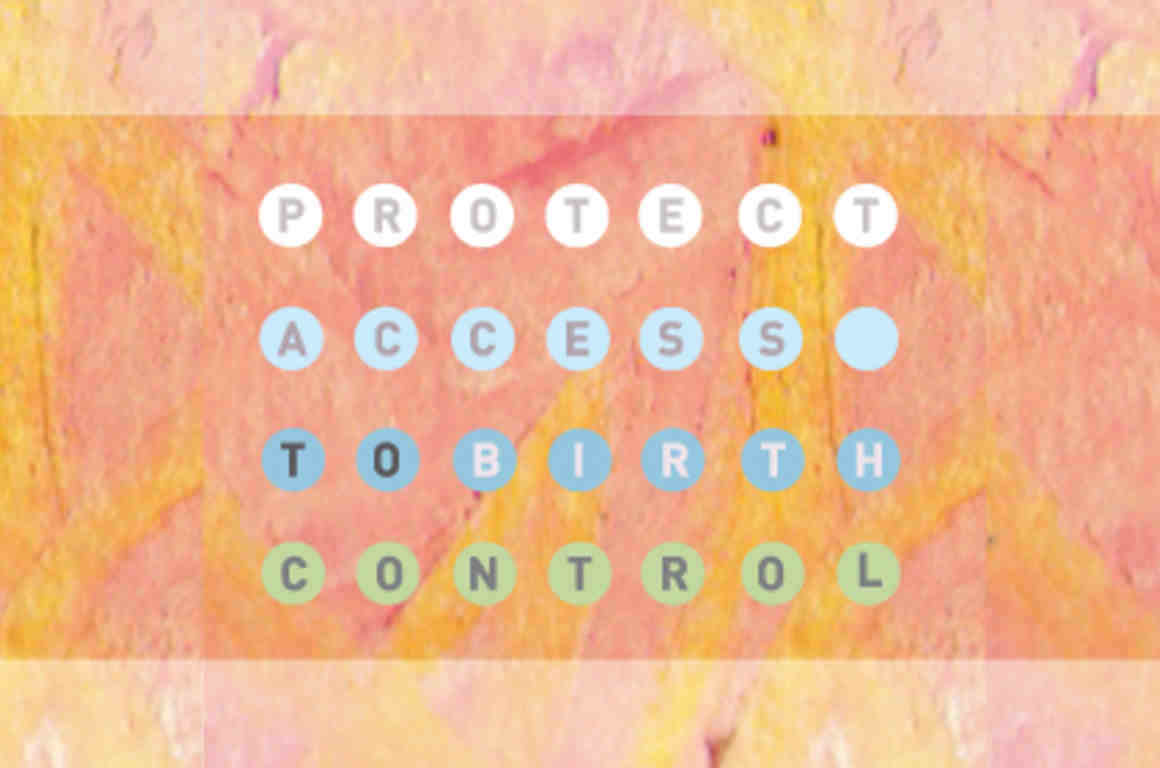The Chicago Sun-Times published an editorial blasting the Illinois Department of Corrections (IDOC) for the lack of a response to the report released in an ACLU of Illinois case challenging IDOC for failing to provide adequate medical care for its prisoners. The report was a result of a court-appointed panel of medical experts' evaluation of medical facilities within IDOC. The study cites sweeping problems throughout a broad range a medical services, including unqualified and incompetent physicians and nurses, inadequate medical leadership and unsanitary conditions within the facilities. Most notably, the report found that 60% of non-violent deaths show "significant lapses in care."
The study grew out a federal class-action lawsuit brought in 2010 by a diabetic inmate who said IDOC displays “deliberate indifference” toward inmates’ medical care. The suit now involves the American Civil Liberties Union and the state, which shared the costs of the report and agreed which prisons would be studied and which experts would be involved.
Date
Monday, June 8, 2015 - 9:45amFeatured image


